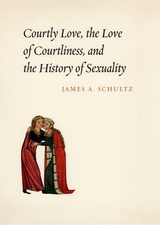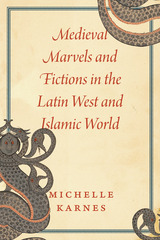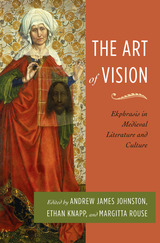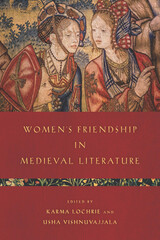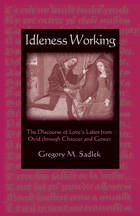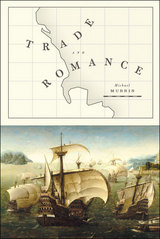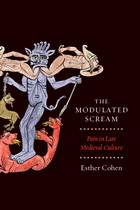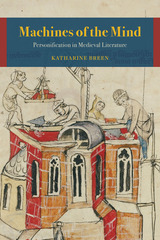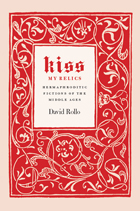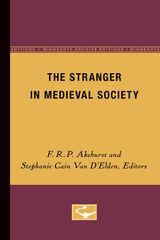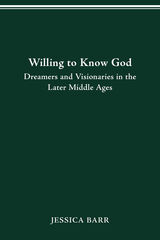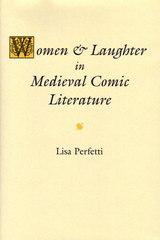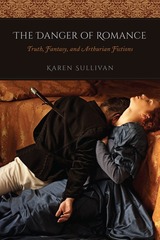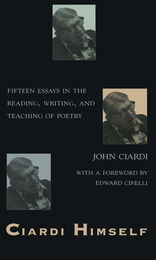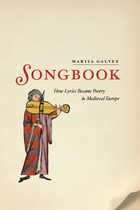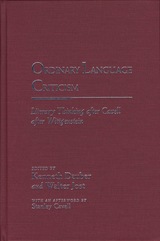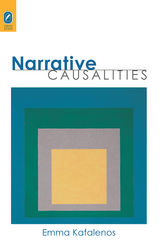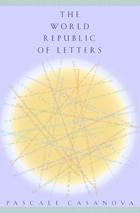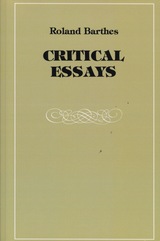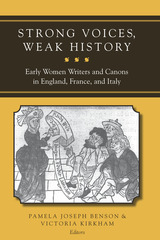Women and Laughter in Medieval Comic Literature
University of Michigan Press, 2003
Cloth: 978-0-472-11321-7
Library of Congress Classification PN682.W6P47 2003
Dewey Decimal Classification 809.933520420902
Cloth: 978-0-472-11321-7
Library of Congress Classification PN682.W6P47 2003
Dewey Decimal Classification 809.933520420902
ABOUT THIS BOOK | AUTHOR BIOGRAPHY | REVIEWS | TOC | REQUEST ACCESSIBLE FILE
ABOUT THIS BOOK
Exploring literary representations of women's laughter from the thirteenth through the sixteenth centuries, this volume offers an intriguing look into a culture of women's laughter, illustrating the many contexts that shaped the way women told jokes, as well as the ways their joking reflected their limited position in a society dominated by men. The book also considers the uses male authors made of the laughter of their fictional creations and the pleasures offered to both male and female audiences.
This study is the first to investigate women's laughter as a particular kind of "talking back" to medieval discourse on women, the subject of recent feminist medievalist studies. Female characters openly embrace women's laughter, associated with the body and castigated for its unruliness in conduct literature. Acknowledging that comic works were grounded in antifeminist traditions and that their female characters were in fact targets of laughter for male authors, this study argues that female characters who laugh and tell jokes also offer traces of how women might have used their laughter to respond to negative pronouncements about women in medieval culture. Both laughable and laughing, the female protagonists studied in this book will engage modern readers with their witty, sometimes bawdy jokes, allowing us to imagine the pleasures that medieval comic literature, so often labeled misogynous, offered to women as well as to men.
Lisa Perfetti is Assistant Professor of French, Muhlenberg College.
This study is the first to investigate women's laughter as a particular kind of "talking back" to medieval discourse on women, the subject of recent feminist medievalist studies. Female characters openly embrace women's laughter, associated with the body and castigated for its unruliness in conduct literature. Acknowledging that comic works were grounded in antifeminist traditions and that their female characters were in fact targets of laughter for male authors, this study argues that female characters who laugh and tell jokes also offer traces of how women might have used their laughter to respond to negative pronouncements about women in medieval culture. Both laughable and laughing, the female protagonists studied in this book will engage modern readers with their witty, sometimes bawdy jokes, allowing us to imagine the pleasures that medieval comic literature, so often labeled misogynous, offered to women as well as to men.
Lisa Perfetti is Assistant Professor of French, Muhlenberg College.
See other books on: Comedy | Laughter | Literature, Medieval | Medieval | Women in literature
See other titles from University of Michigan Press

